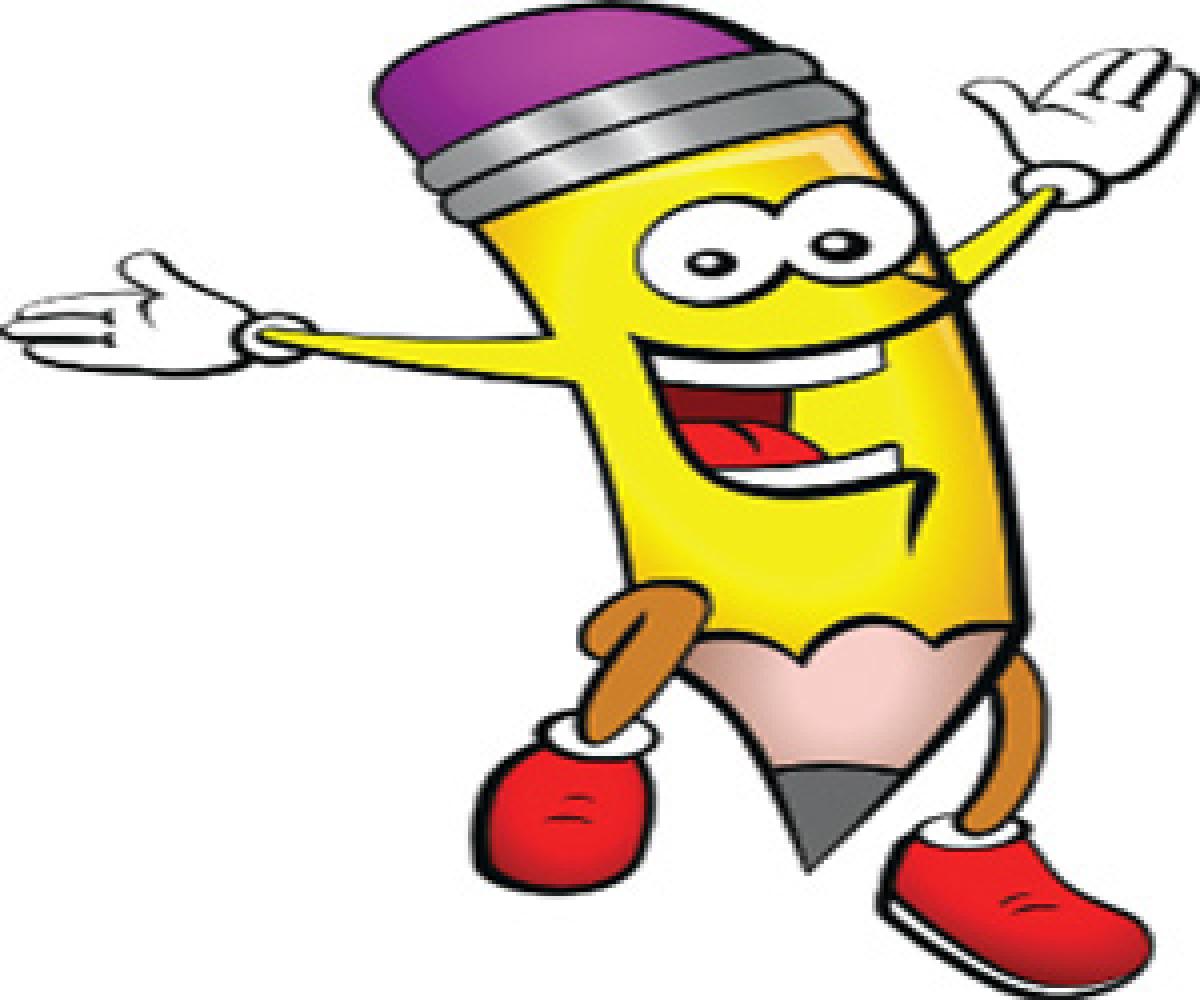Live
- Maha people gave big victory to Mahayuti led by BJP: Kishan
- Don’t rush to cover up harvested grain
- Ensure participation of all farmers in conference: CM
- Public uprising against Cong govt imminent : Bandi Sanjay
- SP conducts surprise inspection of Srikalahasti PS
- Antimicrobial resistance awareness programmes held
- BJP celebrates victory in Maharashtra Assembly polls
- BJP gets shot in the arm ahead of Delhi polls
- Mahayuti’s Maha win
- Passed exam of democracy: Soren
Just In

Sweet is the breath of morn, her rising sweet, / With charm of earliest birds; pleasant the sun, / When first on this delightful land he spreads / His orient beams, on herb, tree, fruit and flower, / Glistening with dew; fragrant the fertile earth / After soft showers, and sweet the coming on…”– by John Milton
Sweet is the breath of morn, her rising sweet, / With charm of earliest birds; pleasant the sun, / When first on this delightful land he spreads / His orient beams, on herb, tree, fruit and flower, / Glistening with dew; fragrant the fertile earth / After soft showers, and sweet the coming on…”– by John Milton
Do, due, and dew are homophones: sound the same but have different meanings.
Do is a verb, an irregular verb: its past tense and past participle are did and done respectively (do-did-done), and has multiple meanings.
When you do something you are performing something, make, get something done, carry out, or acting upon a task in order to achieve: you do cooking in order to feed yourself and your family, and there is a minority of people who do nothing.
Do also means spending time in a jail.
People who did jail also get elected in Indian electoral arena!
Do as a noun refers to a party, bash, or brawl.
And, sometime, do is used to indicate ‘ditto’.
Do forms several phrasal verbs, and idioms: did a (Gandhi did a service to the humanity by promoting non-violence), do a bunk (to flee), do a disappearing act (disappear or vanish: Ponzi schemes run by people do a disappearing act after collecting money from people!),
imperatively, do as I say and not as I do; do away with (cut off, end, terminate), and do bears or does bear shit in the woods is an idiom which is an humour offensive way of saying that the answer to the question is yes.

© 2024 Hyderabad Media House Limited/The Hans India. All rights reserved. Powered by hocalwire.com







